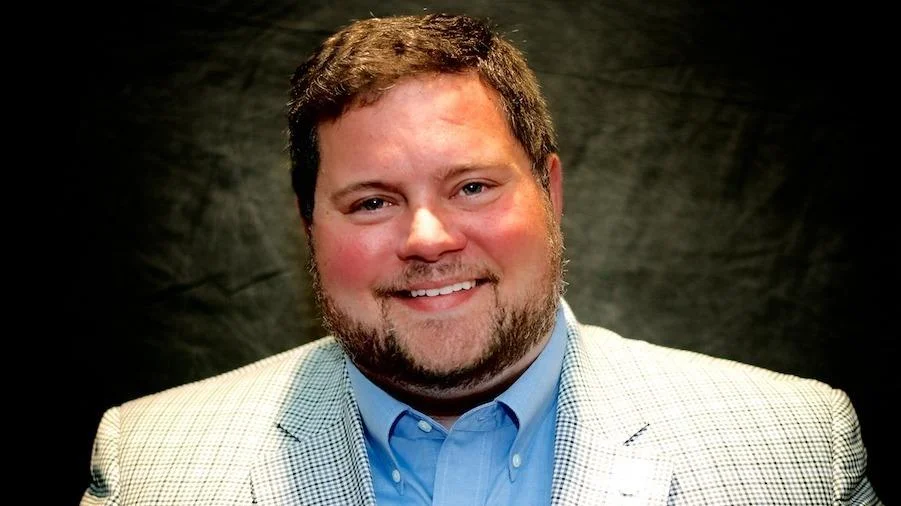
It is often challenging to appreciate the value of something when it has always been a part of one's life. For those living in the United States, the First Amendment has provided a lifelong assurance of free speech. While debates over its application are common, U.S. courts have consistently prevented government officials from censoring speech or punishing speakers for "misinformation."
Recent events in Europe serve as a reminder of America's unique stance on free speech. Last month, a violent incident occurred in the U.K., where several people were stabbed and three children lost their lives at a dance party. Following this tragedy, online speculation and false claims led to riots in London and other areas.
In response, London Metropolitan Police Commissioner Sir Mark Rowley issued stern warnings about extradition and jail time for those believed to be inciting violence through misinformation online. He stated: “We will throw the full force of the law at offenders. Being a keyboard warrior does not make you safe from the law. If you are committing crimes on the streets or online, we will come after you.”
This situation underscores the importance of the First Amendment in America, which allows individuals to express themselves without fear of government-imposed silence. The amendment also offers recourse for those whose speech has been suppressed.
However, there are limits to this freedom; speech intended to incite imminent lawless actions is not protected under the Constitution. Without such protections as provided by the First Amendment, governments might respond to violence by shutting down what they consider "offensive" speech—even if that speech did not cause any harm.
The incident in the U.K., along with similar situations worldwide, highlights that governments cannot be trusted to determine acceptable discourse or truthfulness accurately. Historically, governments have struggled with judging "misinformation" and often fail to limit censorship strictly to harmful speech.
Fortunately for Americans—and potentially for others globally—the censorial attitudes prevalent among European regulators do not directly impact U.S. rights due to strong constitutional protections.
Conor Fitzpatrick noted on social media: “Good.” His comment emphasizes how American values regarding free speech influence global internet norms despite resistance from some international regulators.
Thierry Breton recently expressed concerns about potentially harmful content related to global events with significant audiences: “With great audience comes greater responsibility #DSA,” he tweeted while addressing Elon Musk.
In America, bipartisan support exists against threats to free speech from abroad. Representative Ro Khanna commented: “In America, we value free speech... We don’t censor.”
Despite these robust protections, there remains room for improvement within America regarding civil liberties protection. The Institute for Justice is currently challenging an aggressive civil asset forfeiture scheme in Indiana involving package interceptions at FedEx hubs without specific crime allegations.
Additionally, Reagan National Airport recently disclosed that confiscated items deemed unsafe for air travel were donated to local non-profits—a move criticized by Tim Carney as governmental overreach.
Finally, historical reflections remind us that past leaders like Woodrow Wilson had poor records on free speech during his presidency—a stark contrast with today's European censors but still relevant today as highlighted by FIRE's recent thread on Wilson's legacy.